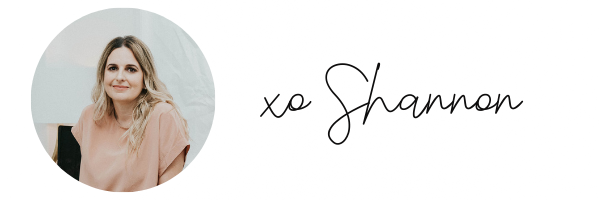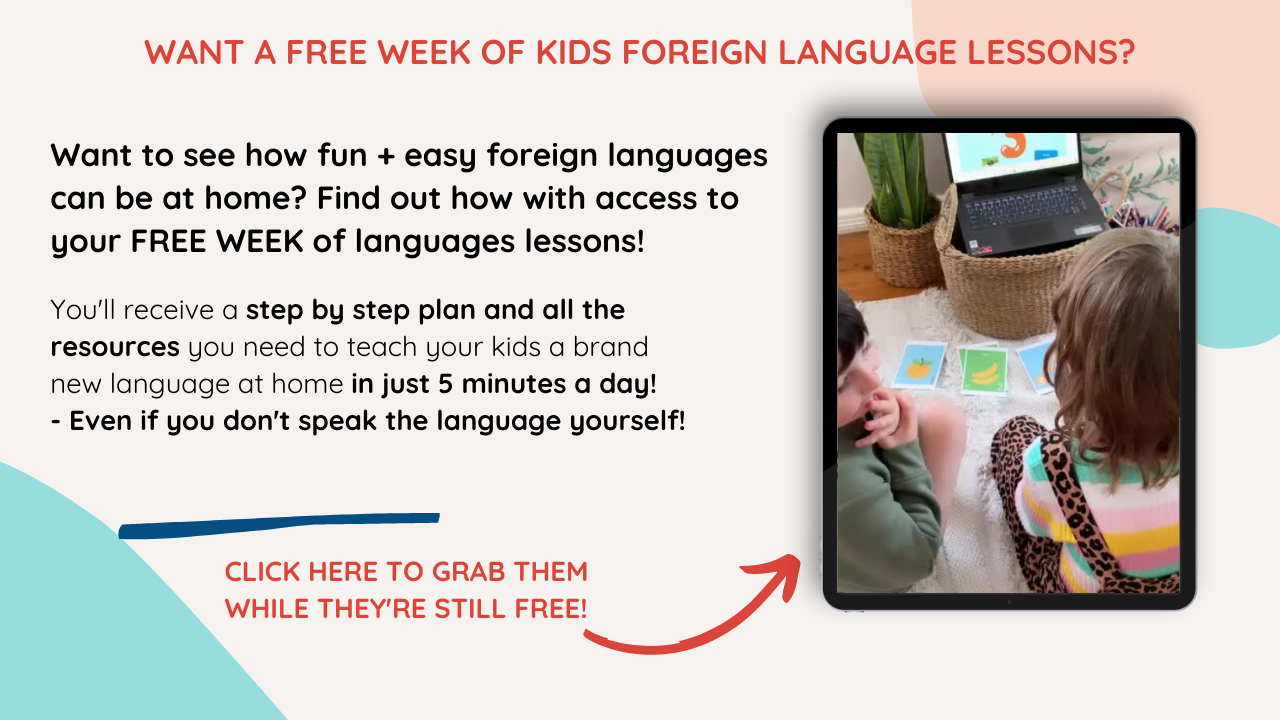Why You Won't Ever Regret Teaching Just a Words in Your Target Language to Your Kids!
“What if my child never really ‘gets’ the language thing; if they don’t become fluent? Will it be a waste of time?”
I get you. It’s a totally valid question.
And my answer is this -
It’s SO worth the effort of teaching your child a new language even if they never become fluent.
It will never be a waste of time.
(And who said fluency HAD to be the ultimate language goal for your child anyway? That’s up to you Mama!)
Learning a new language will enrich your child’s life in many ways, regardless of their level of proficiency. Let’s take a look at some of the benefits!
Improve problem-solving skills and memory function
‘Divergent thinking’ is our problem-solving ability - our mind’s capacity to come up with different solutions when faced with a problem.
Whether your child can't find his math homework or he left his lunch at home, good problem-solving skills will help him cope with these daily hiccups or bigger confrontations.
Exposure to different languages can increase a child’s problem-solving ability, setting them up with an excellent life long skill..
Memory retention is also improved; great news not only for memorising words in a new language but all new skills!
A sharp memory can shorten your child’s learning curve because they spend more time learning new information instead of re-learning what they’ve already been taught.
I’m a big fan of flashcards as a fun way for your child to memorise new words and sentences.
We include over 20 sets of stunning topical vocabulary flashcards in our Cultured Home membership. Kids LOVE them!
More empathy and acceptance of different cultures + maybe even spark the travel bug!
Language is a wonderful way to teach kids about diversity in the world.
Whether it’s a few hours a week or daily immersion sessions, learning about other cultures and nationalities can inspire understanding, tolerance, and curiosity in your child.
A 2015 study by The University of Chicago indicated bilingual children are more likely to be empathetic. I don’t think it’s a stretch to say the more tolerant, accepting and empathic kids we raise in the world, the better!
It might also spark an interest in geography, maps, and travel as they begin to realise that there’s a big exciting world out there.
If you’re planning an international trip with your kids, learning words and key phrases will add a richness to the experience. Kids definitely don’t need to be fluent to get a kick out of saying Hello! or make new friends with to a few simple sentences.
I still remember when I was a child and my parents took me to Fiji for a family holiday. I remember being taught how to ask for a drink in Fijian and being SO ridiculously excited about how to communicate in THEIR language.
It made my experience with another language and culture that much richer to the point that as an adult, I can still remember how to say that sentence!
Increase neural activity (aka make your child brain better)
Oh, this is a good one!
Speaking more than one language, even if it’s a few new sentences, can stimulate the neural pathways in your child's brain and increase what’s known as gray matter.
The gray matter is a host of neuronal cell bodies in our brains which serves to process information. So basically, it’s pretty important stuff!
Science has shown bilingualism makes the gray matter denser; which essentially means there are more brain cells - a sign of a healthier brain.
A study by psychologists Ellen Bialystok and Michelle Martin-Rhee with bilingual and monolingual preschoolers revealed that the bilingual kids appeared more capable of solving certain kinds of mental puzzles than those that only spoke 1 language.
And it’s NEVER too early to start! There’s fascinating research by Patricia Khul from the University Of Washington that shows there’s a window of opportunity for a child under the age of 7 where their neural pathways are hardwired to learn a new language. After this window closes, it’s actually significantly harder for us to learn a new language.
Research also shows that even babies less than 12 months old who are exposed to different languages show different cognitive patterns in their brains compared to babies exposed to only one language.
If you’re not a native speaker, as you teach your child and learn with them, you’ll be firing up your neurons too, Mama!
Sounds like a cognitive win-win to me.
Improve mathematical skills
That’s right. The connection might not seem immediately obvious but learning a new language can actually help your child get better with numbers.
According to NEA research on world language education a study of 3rd grade students found students scored significantly higher in math and language arts after one semester of foreign language study 90 minutes per week. (Armstrong 1997)
The same research cites -
Students who started kindergarten in the first Kansas City foreign language magnet schools in 1988 had surpassed national averages in all subjects by the time they reached fifth grade.These foreign language students performed especially well in mathematics. (Eaton 1994)
There you have it, a second language is the gift that keeps on giving across many academic subjects.
The act of learning is never a wasted experience
I don’t believe there’s any such thing as wasted learning, especially when it comes to teaching and spending time with our kids.
Learning a new language, even just a few words or phrases, opens your child up to something different. Each time you read, write, count or play together in a new language, your child is learning something new about the world.
Teaching your child a language (or learning it together) is a fun, character-shaping experience. You’ll make memories together, regardless of how fluent your child becomes, and I think we can all agree that making fun, happy memories with our kids is never a waste of time!
I think it’s clear that even if your child never becomes fluent, learning a new language will absolutely give them an edge on life from a young age.

✨ Psst... When you're ready, here are a few ways I can help you get started with teaching your kids a foreign language at home...
1. Download my free 10 Page Guide for Parents to help you see how easy introducing a foreign language at home can be - especially if you don't speak the language at all.
2. Want a plan to run consistent language lessons that are fun and easy?
Access your first week of play based foreign language lessons for FREE here, all that's left is to select your language + start today!
3. Looking for a 12 month, step-by-step plan and play based resources to help you introduce a language to your little ones with EASE? Quit scrolling on Pinterest and Join our 12 Month Annual Lesson Bundles to get everything you need to started and KEEP GOING!
GRAB OUR FREE 'KIDS LANGUAGES MADE EASY' GUIDE
FOR NON-NATIVE PARENTS!
Discover how you can run consistent language lessons, that are fun and engaging and help your kids make the progress they deserve!
Even if you're not fluent!
We hate SPAM. We will never sell your information, for any reason.









